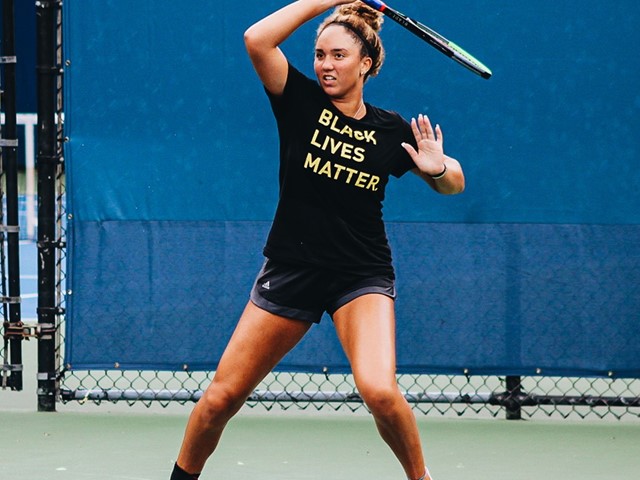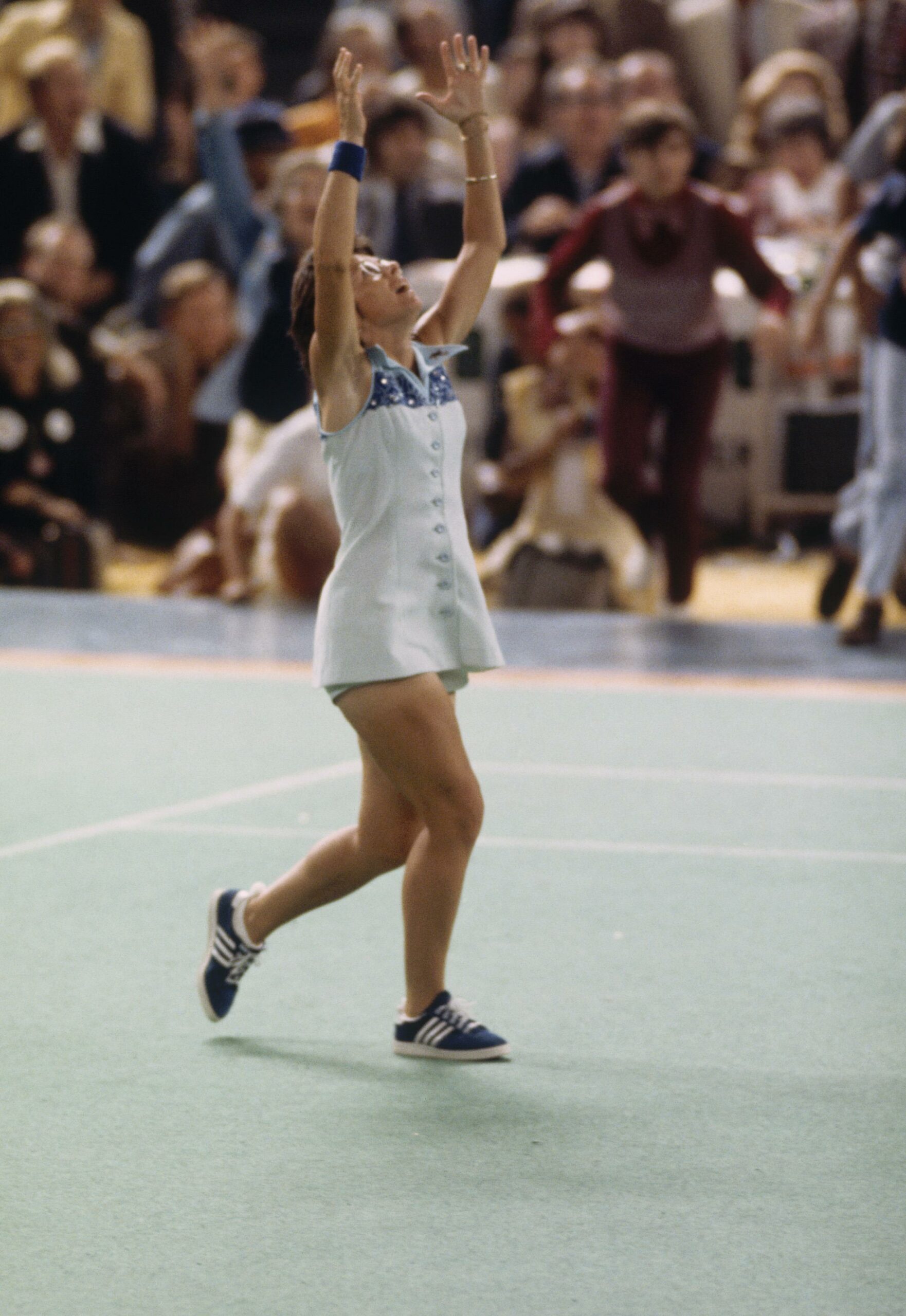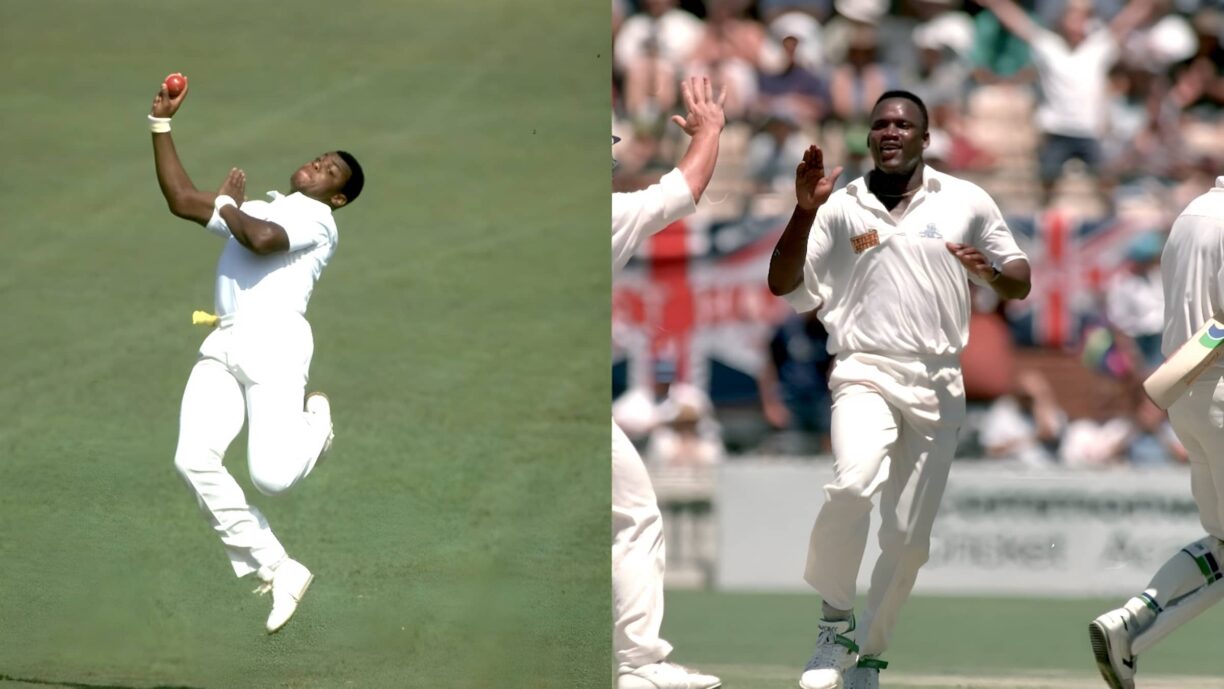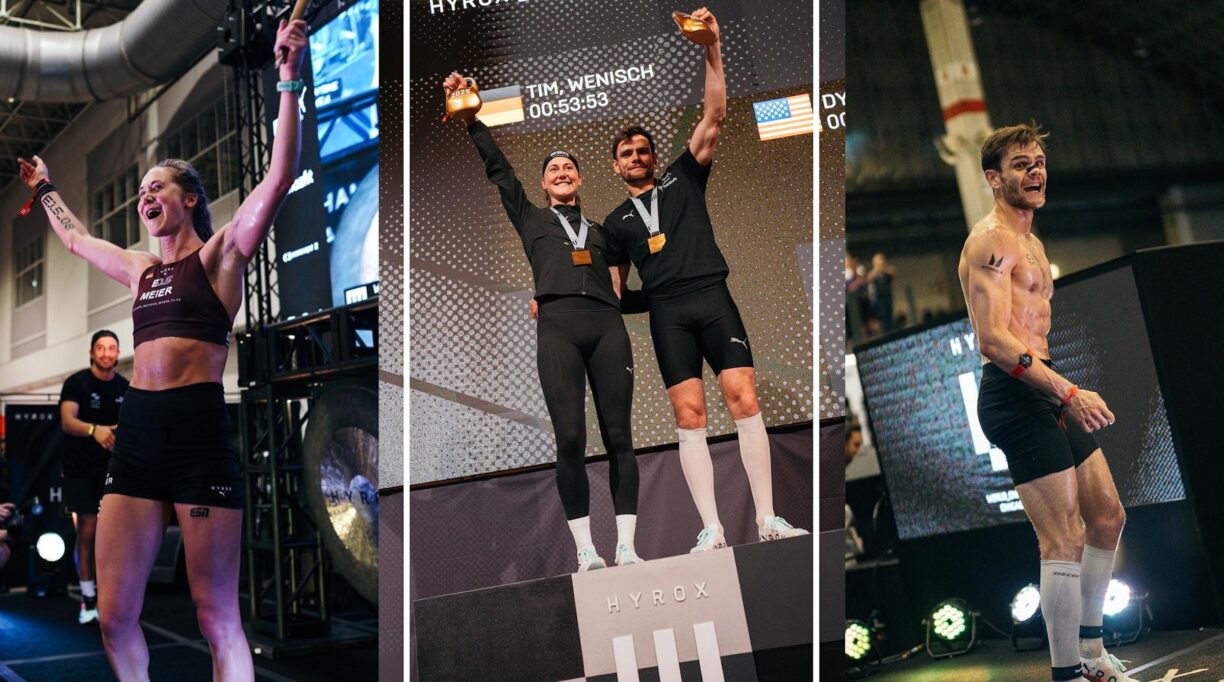We’re in a pinnacle moment in history – where we’re coming together on matters bigger than sport. And amidst the Black Lives Matter movement, sport is again proving itself as more than a field of play – it’s a platform, and athletes, as they have had through history, possess the ability to speak up, stand up and inspire masses.
Decades ago, Billie Jean King was an athlete who did just this, as she fearlessly spoke out for equality amid her rise to the highest ranks of tennis.
“I had an epiphany when I was 13 years old,” says King. “I didn’t know what a platform was, but I knew that tennis was global, and that maybe through it I would be able to make the world a better place.”
“Then in 1970, when we the Original 9 signed our $1 contracts which gave birth to women’s professional tennis, we really were thinking about the future generations, and that each generation needs to build up on each other. We envisioned three things: that any girl in the world would have a place to compete, that she would be appreciated for her accomplishments, and that she would be able to make a living.”
Generations have built – athletes have continued to speak up and use the platforms their sport gifts them to stand up against injustices and demand change in the world.
“I love seeing athletes using their platforms, I think they should’ve been standing up since day one. We’re so fortunate to have a platform that most people do not have, we need to use it to make positive change.”
Last week, 16-year-old tennis player Katrina Scott arrived in New York City to compete in one of the biggest stages of tennis for the first time in her life. She did so as a Black woman just at the start of her professional tennis career in the height of a global civil rights movement.

Katrina Scott
“It’s incredible to be how young you are, and on that stage,” says Scott as she looks back at her first experience at a major. “But I think it also felt different because I was playing for something greater than just myself and my team.”
Katrina wore a Black Lives Matter shirt while walking onto the court in the first two rounds, recognizing her newfound platform and ready to use it.
“Wearing the Black Lives Matters shirt and doing whatever I can to help educate more people and put the word out there. Even though it’s a small gesture, it’s the little things that go a long way.”
A long admirer of Billie Jean King, Katrina asks her: “What drove you to keep going, and keep fighting – how you dealt with that and still managed to play high level tennis?”
“It was always about other people, other generations,” replies King. “I was really thinking about Katrina, and she wasn’t even born yet. That’s what kept me going. I want to have a great legacy, something to continue after I’m here, it will be a constant reminder to everyone but particularly young people to constantly keep going.”





